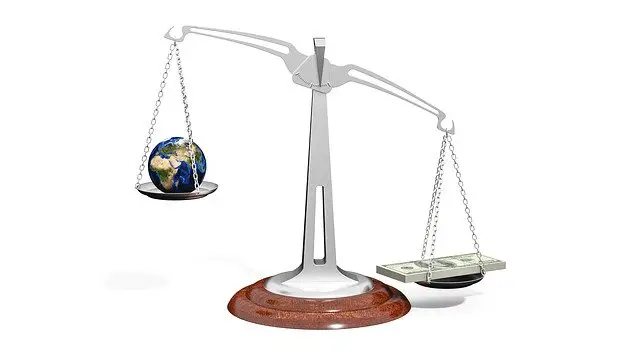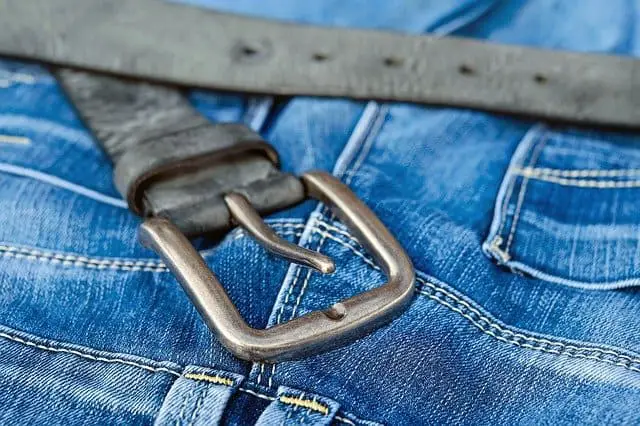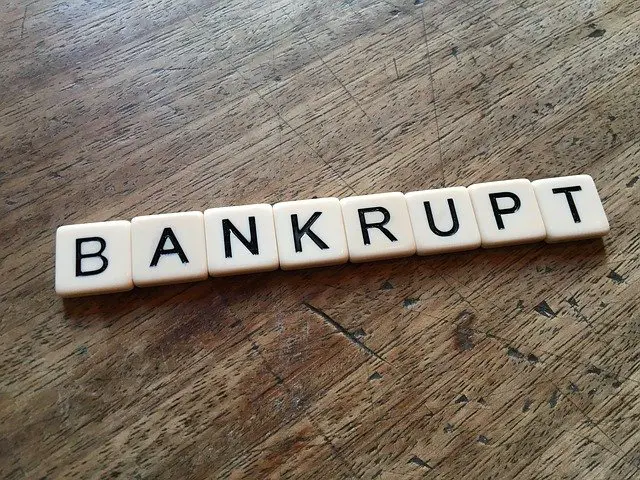In this article, we’ll discuss the important topic of: “Surrender House in chapter 13”
When you file a case in bankruptcy, you file the case under your convenience chapter, either 7 or 13. In chapter 13 bankruptcy, most people try to save their house by paying a monthly amount against your assets and properties. But there can be instances when you feel that selling off or surrendering your properties (which includes your house) and assets is the best decision for you at the moment.
In this article, we will discuss the various factors that may lead to such decisions and the procedure that should be followed to surrender the house.
Surrender House In Chapter 13
There can be many reasons when you feel that surrendering your home to the mortgage company can solve some of your financial crisis. That seems to be a profitable option out. To answer it briefly, yes, you will be able to surrender your home to the mortgage company without facing any consequences if there is no reaffirmation agreement signed.
However, suppose you sign the reaffirmation agreement with the Mortgage Company or creditor. In that case, you are in every way responsible for paying back the debt despite you filing a claim of bankruptcy.
So, if you surrender your house under chapter 13 of bankruptcy, the creditor has every right to sue you for any deficiency after the property is sold out. There cannot be any discharge of this debt as there was a reaffirmation agreement signed. So before the bankruptcy is filed, attorneys often suggest their clients refrain from signing the document for their properties.
Coming back to the reasons why do debtors decide to surrender their home. When your home’s mortgage payment is very high, and you can earn only enough to pay that off besides your living expenses, you may then consider surrendering the house and rent out a cheaper living space until the case is discharged and closed. When you do that, you can save for a substantial down payment on your new house.
Another reason can be when the mortgage payments are high, and you will not have any savings as a backup for any emergency. And during the bankruptcy, there are significantly fewer chances of you getting another debt. So, surrendering your home is one smart decision you can take to save you from an overload of debt.
Stages of surrendering a house
The entire process of surrendering your house under chapter 13 of bankruptcy is different in different jurisdictions. It is a process of deciding on a new payment plan that can remove the mortgage and all debts that should have paid earlier. If none of the stakeholders’ object to the surrender, then the court will approve the new plan.
-
Before Confirmation
There can be situations where creditors may disagree with the immediate foreclosure as it involves expenses to buy, maintain, and sell the property. This is will be the homeowners responsible for the property tax, maintenance of the property, home association dues until there is a handover of the property.
To avoid that, most debtors add a special provision in their chapter 13 bankruptcy, which allows the debtors to transfer ownership automatically to lenders once the bankruptcy court confirms. And if no parties object, the court can close by ensuring title transfer to the creditors, without a need for foreclosure.
-
After Confirmation
When the plan is confirmed, it becomes a contract. In a few cases, after the confirmation, the courts allow you to surrender the property. There have been instances where the courts made the debtors lose their right to offer even after confirmation. In such cases, you can dismiss the Chapter 13 and file a new claim.
Surrendering House in chapter 7
When you realize that your mortgage amount is much more than the house’s worth, or you cannot afford to pay the mortgage amount, or you no longer need the house, you can surrender the house under chapter 7 bankruptcy. You will have to mention it to the court and creditors if you submit your bankruptcy papers if you wish to keep or give away any secured debts like a home or car.
If you agree to put your house as collateral, you give your creditor ownership of the house. If you fail to pay the mortgage, the creditors have the authority to foreclose. The house will be sold in an auction, and the amount is used to pay the home loan.
However, you will have to inform the court and lenders while filing up the Bankruptcy form. You will have to mention the creditor’s name, address, and tick on the option “Surrender the property.
Related Articles:
Final Thoughts
Throughout this article, we have mentioned the challenges of surrendering your house under Chapter 7 and Chapter 13. There are multiple clauses involved which you need to consider while filing a bankruptcy case. Surrendering your home is often a result of high mortgage values and high rents. This results in a series of inconveniences and surrendering the house can take off some of that load.
Video
Here is a practical “Surrender House In Chapter 13” video that briefly explaines whether or not you can surrender your house during Chapter 13.









